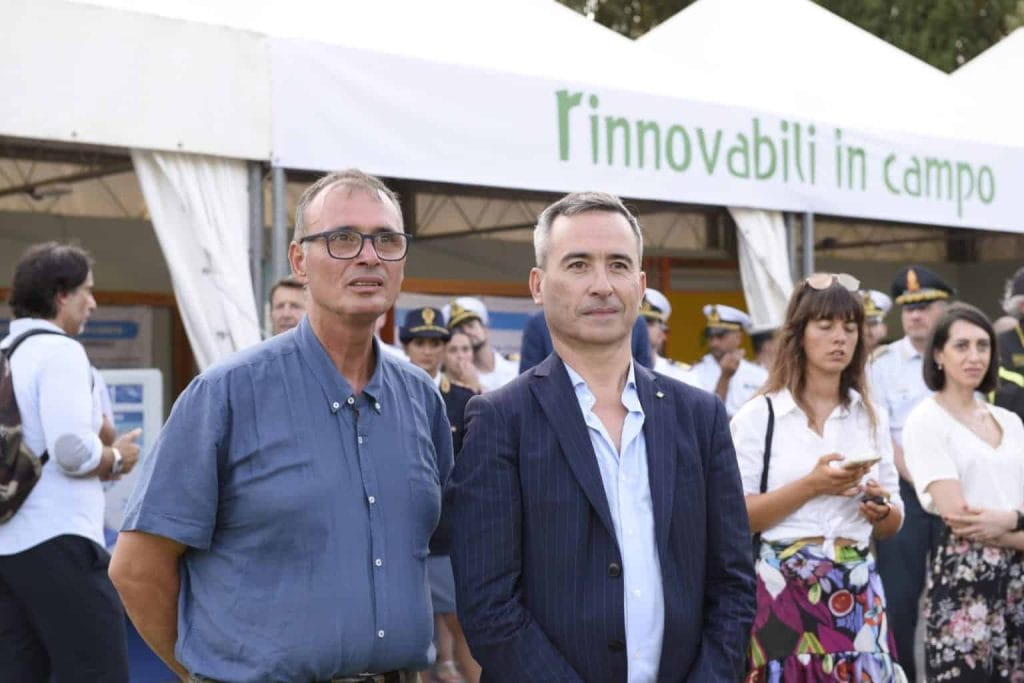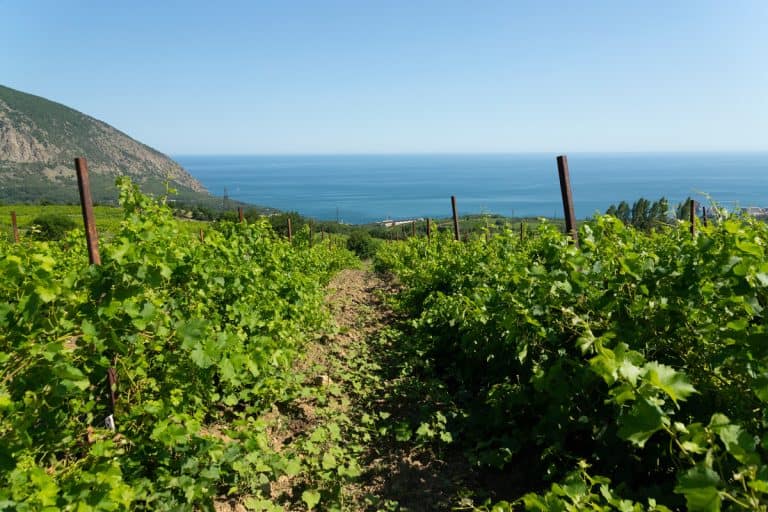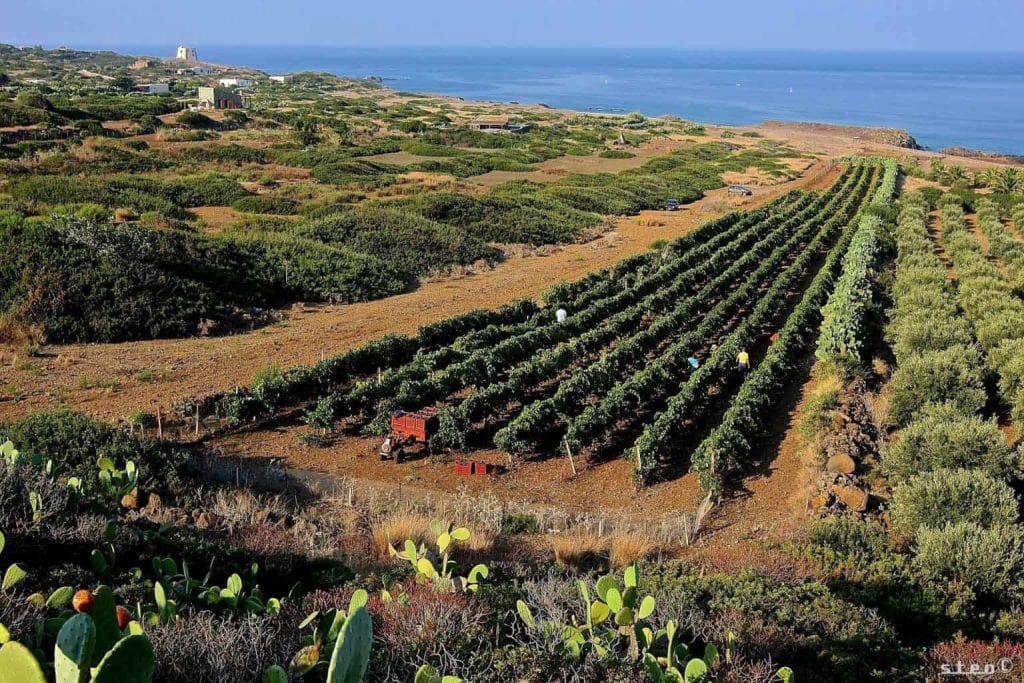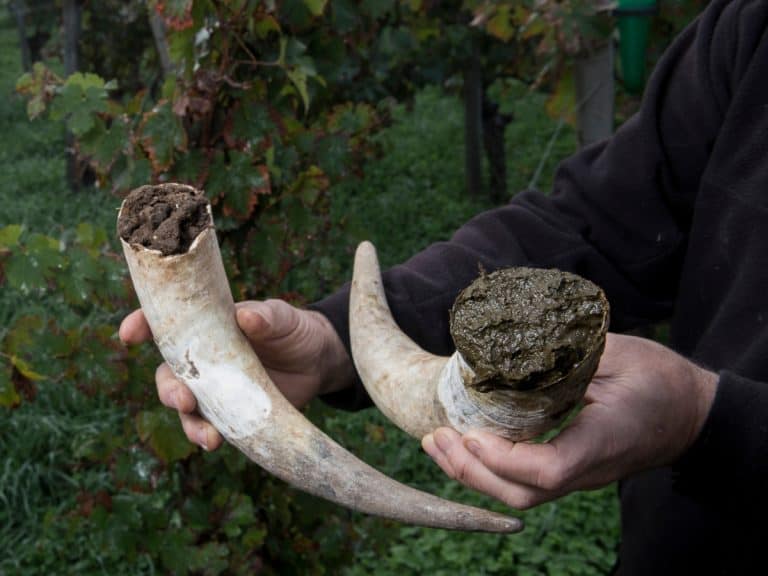Ninety percent of coastal and lowland areas that produce wine are at risk of extinction. The alarm (not the first) has been raised by Legambiente at its FestAmbiente (August 7-11 in Ripescia, Grosseto), reopening the discussion on climate and agriculture, based on data from *Nature Reviews Earth & Environment*.
Agricultural production down 4% in 2023
The association, which has been advocating scientific environmentalism for 40 years, doesn't mince words: if global temperatures rise by more than 2 degrees by the end of the century, the consequences will be disastrous. The first effects are already visible: in Italy, according to Istat data, agricultural production in 2023 has already dropped by 3.9%. The wine sector has been hit the hardest in terms of volume (-17.4%), followed by fruit (-11.2%) and olive oil (-3%). The relocation of vineyards to higher altitudes and further north is already a reality, as shown by the new wine map increasingly leaning towards viticulture in Northern European countries, from Ireland to Scandinavia.
Wrong to blame the Green Deal
Legambiente calls on farmers to stop the war on the Green Deal. The reference is to the tractor protests that took place in recent months, which, with political support, pointed to a single great enemy: the ecological transition. The association, led by Stefano Ciafani, seeks to overturn this paradigm: "The ecological conversion of the agricultural sector," argues the president, "is no longer postponable. The extreme weather events we've witnessed make it clear that the time to act is now. Adaptation and combating the climate crisis must be the pillars of local, national, and European policies. Made in Italy must steer in the right direction, meeting market demands for healthier and more sustainable food, in line with European directives. Renewable energies, such as agrivoltaics and biomethane production, are the only viable path to create positive synergies between renewable energy production and agriculture, staying clear of instrumentalization and pointless blame-shifting. In this sense, the agricultural sector must stop blaming the Green Deal, its best ally."

Revising the plan on pesticides
After a fall and winter of protests that saw farmers across Italy and Europe take to the streets to demand more support, Legambiente is once again urging the Meloni government with some proposals to give momentum and support to the sector. First and foremost, the approval of SUR, the Regulation on the Sustainable Use of Pesticides, which continued requests for delays from some countries (including Italy) risk postponing further. At the national level, Legambiente is pushing for the approval of the new PAN (National Action Plan for the Sustainable Use of Pesticides), whose last version dates back to 2014. At the same time, the association calls for the definitive ban on certain insecticides, including Acetamiprid (the most widely used in agriculture) and the herbicide glyphosate, "whose ten-year extension risks marking a point of no return for biodiversity, starting with bees, which are severely threatened by these substances."
More renewables and organic districts
Then there’s the issue of renewable energies as an alternative to counter the planet’s fever and resist the gas blackmail, starting with "properly made" biomethane and agrivoltaics. Finally, the fight against the abandonment of cultivated areas and incentives for youth employment in agriculture to encourage the creation of new organic districts, naturally suited to organic production, which could both promote youth employment policies and multiply virtuous practices.



 The Game (and the misunderstanding) of dealcoholised wines: even an expert critic can be fooled at first sip
The Game (and the misunderstanding) of dealcoholised wines: even an expert critic can be fooled at first sip With fish, you can (also) drink red!
With fish, you can (also) drink red! The story of the pharmacist who dispenses prescriptions by day and crafts gourmet burgers by night
The story of the pharmacist who dispenses prescriptions by day and crafts gourmet burgers by night It's time for light Prosecco: the lower-alcohol version is the latest innovation in record-breaking bubbles
It's time for light Prosecco: the lower-alcohol version is the latest innovation in record-breaking bubbles "Biodynamic preparations ave no effect on viticulture": The shocking conclusions of a Swiss study
"Biodynamic preparations ave no effect on viticulture": The shocking conclusions of a Swiss study






